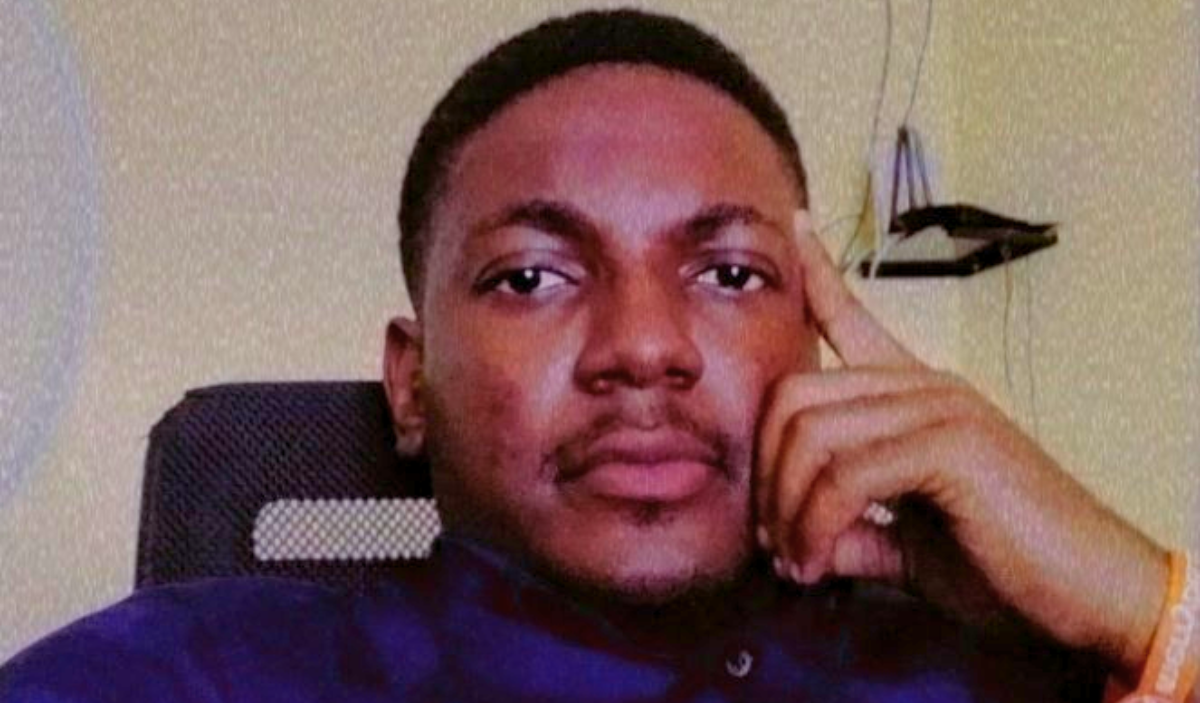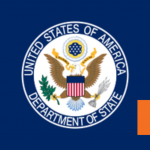
Human Rights lawyer confirms NPF moved Abducted FIJ Reporter, Daniel Ojukwu to Abuja

Human Rights lawyer Ridwan Oke confirmed on Sunday that Daniel Ojukwu, a multimedia journalist with the Foundation for Investigative Journalism (FIJ), has been transported from Police Custody at SCID, Panti, Lagos, to the Threat Response Unit of the NPF National Cybercrime Centre, Abuja.
This disclosure, which occurred on the day the world celebrates press freedom, marks four days since the arrest of Ojukwu. He was apprehended on Wednesday, during World Press Freedom Day, accused of violating the Cybercrime Act of 2015 (as amended).
West Africa Weekly contacted the lawyer, Oke, who confirmed Ojukwu had called him on Sunday morning before being transported from Lagos Police Custody to Abuja’s Cybercrime Unit.
I haven’t been able to reach him since he called me in the morning to confirm that he’s now in Abuja with the Threats Unit of the National Cybercrime Centre, says Human Rights lawyer Oke.
Despite numerous demands by journalists and civil society organisations, including Amnesty International, for the release of Ojukwu, the Nigerian Police remains incommunicado—without stating the reason for his arrest.
Lawyer Oke further commented that Ojukwu’s contact information was unreachable after the call he placed with him on Sunday morning.
However, Oke earlier faulted the NPF for the continued detention of Ojukwu without a court trial despite the charge against him being subject to bail.
As of press time,
Ojukwu does not have access to his mobile phone, which indicates not only that he cannot reach the outside world but also depicts law enforcement agencies’ disregard for upholding press freedom in a democratic system of government.
Attack on press freedom using the Cybercrime Act, a weapon that has been regularly used since its amendment against journalists and engaged people (dissidents), remains a threat to a democratic society.
About The Author
Mayowa Durosinmi
author
M. Durosinmi is a West Africa Weekly investigative reporter covering Politics, Human Rights, Health, and Security in West Africa and the Sahel Region
Mayowa Durosinmi
M. Durosinmi is a West Africa Weekly investigative reporter covering Politics, Human Rights, Health, and Security in West Africa and the Sahel Region
Related Articles
Tinubu Government Delays Release of Signed Tax Acts to the Public
Four days after President Bola Tinubu announced the signing of four tax...
ByMayowa DurosinmiJune 30, 2025As Tinubu Urges Africa-Caribbean Unity in Saint Lucia, Over 272 Nigerians Killed in June Alone
While Nigerians deal with deadly violence, worsening hunger, and mass flooding, President...
ByWest Africa WeeklyJune 30, 2025You Can’t Tax a Dead Economy: Nigeria Is Suffocating Under Its Own Policies
As Nigeria’s Central Bank clings to its benchmark interest rate of 27.5...
ByWest Africa WeeklyJune 30, 2025“Wike is Not a Blessing to Us, He’s a Disaster” — Workers Protest in Nigeria’s Capital Over Unpaid Wages, Poor Working Conditions
Staff members of the Federal Capital Territory Administration (FCTA) in Abuja barricaded...
ByOluwasegun SanusiJune 30, 2025











